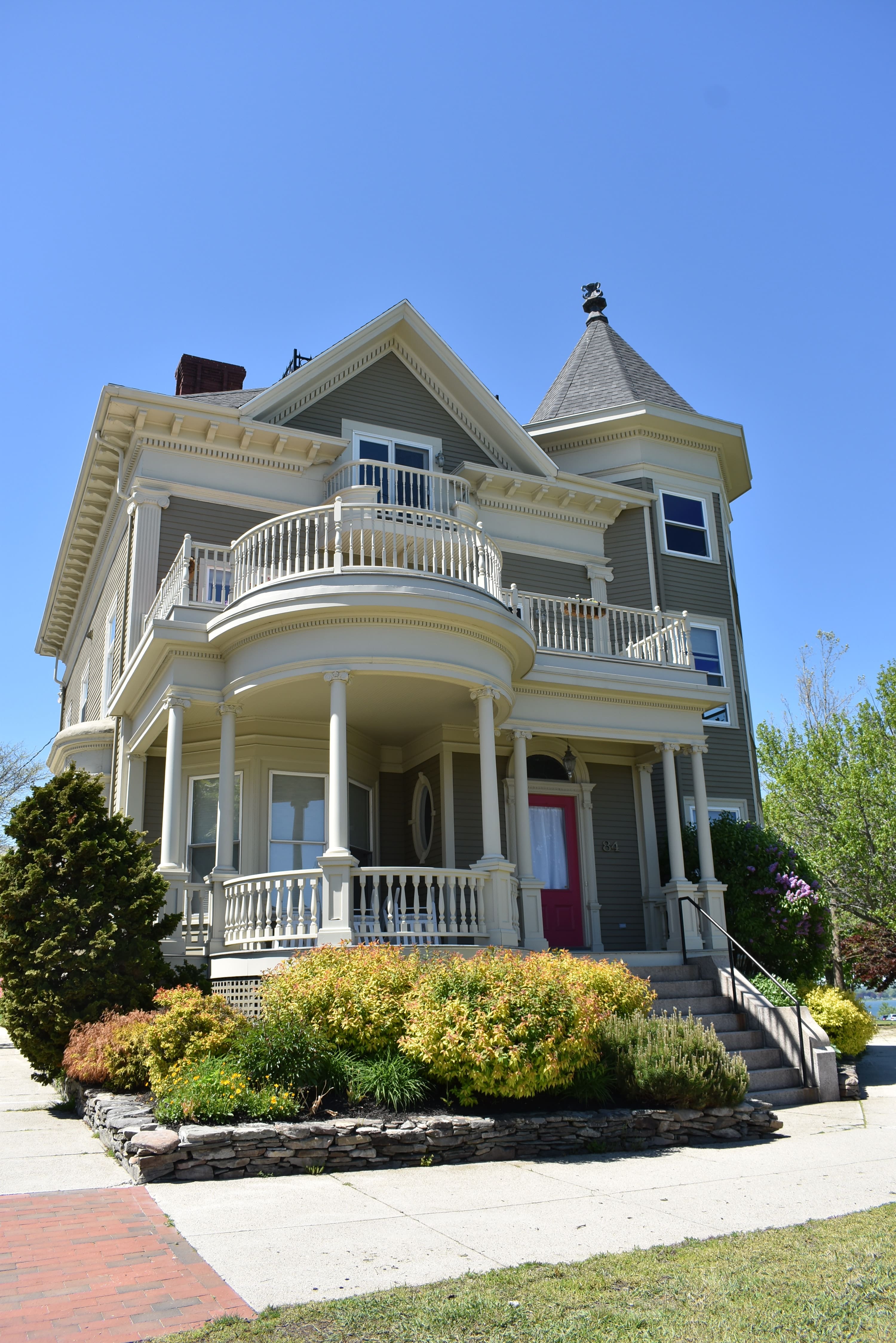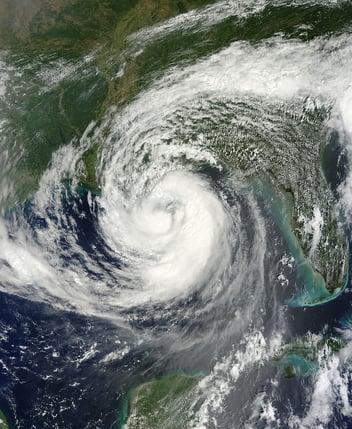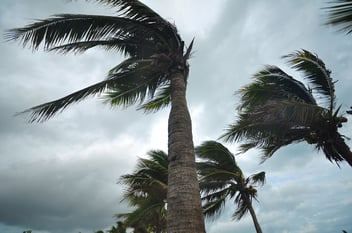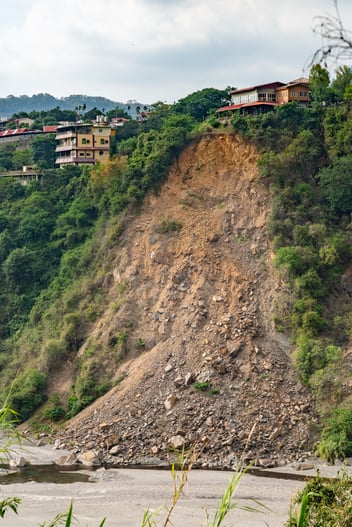After taking time doing research on the housing market and looking at multiple homes, you have finally decided on your long term residence. After signing your paperwork and shaking hands you realize that you are now a homeowner, the question is …. What is the next step? For the wise homeowner the next step will be ensuring that your home insurance will cover anything that life may throw at you. Here are a few tips on completing this important step.
- Insure the replacement cost of your house
Most homeowners make this mistake as they usually use their home’s market value as an indicator of how much insurance coverage they need. Using the cost of rebuilding the home covers the worst case scenario of a house being completely destroyed, which is common in South Florida as we experience multiple hurricanes annually. To calculate the replacement cost, the insurance company uses software that gives the cost based on home features, most policies cover up to 125% of the replacement cost.
- Don’t forget liability insurance
There are many incidents that can occur on your property that can cause a lawsuit to be filed against a homeowner, such as a slip-and-fall. This is where liability insurance becomes very beneficial as it not only covers the settlement but can also cover you legal fees, once it’s within the liability limit; some policies also cover incidents that happen away from your home.
- Protect your personal property
Most policies include coverage for personal property range from 50% to 75% of the replacement value of your house; if you have property that is deemed valuable such as coin collections, stamps or fine art, they should be covered under a separate endorsement or rider.
- Check on coverage for additional living expenses
If a home is destroyed or otherwise deemed unlivable while repairs are being done, this is where the Additional Living Expenses (ALE) coverage benefits the homeowner. It will cover the cost of any alternate living accommodations such as an apartment or hotel until your home is again livable.
- Check what’s NOT covered
Ensure to check on the exclusions section of your policy as it is equally important to note what is not covered and if you may need an additional policy to cover those items. It is best to be knowledgeable about your policy before you have to make a claim when disaster happens.




 Storm Damage
Storm Damage  Property Damage
Property Damage Appraisal Services
Appraisal Services Contact Us
Contact Us




.jpg)
 claims@ucspa.com
claims@ucspa.com Mon-Fri: 9:00am-5:00pm
Mon-Fri: 9:00am-5:00pm